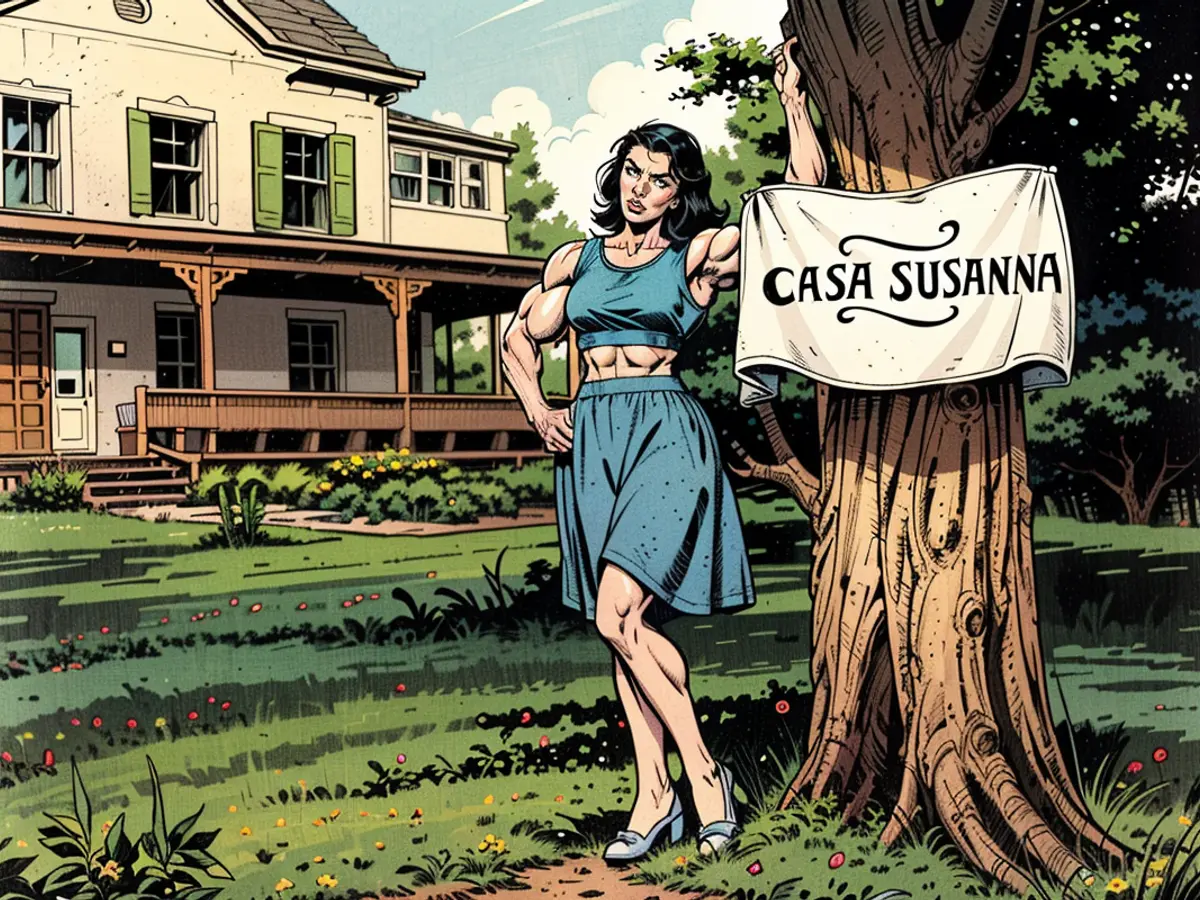In upstate New York, Casa Susanna was a safe haven for trans women in 1960s America
These images, part of the Art Gallery of Ontario’s (AGO) permanent collection, are brought together in a new publication, “Casa Susanna: The Story of the First Trans Network in the United States, 1959-1968,” and offer valuable insight into the environment that Valenti and her wife Marie Tonell created. Purchased in 2004 at a New York City flea market by two art dealers and later acquired by the AGO in 2015, this particular selection of 340 Casa Susanna images are part of a much wider archive, including some currently in the personal collection of photographer Cindy Sherman.
In recent years, the photographs have come to the attention of artists, scholars, activists and more interested in the intersections between queer identities, photography and the arts—and more collections of photographs made by members of the community who visited Casa Susanna have been found and archived, such as the Louise Lawrence Transgender Archive. In the last decade, Casa Susanna has inspired a Broadway play, Harvey Fierstein’s “Casa Valentina”; been referenced in the television series “Transparent”; and was the subject of an acclaimed documentary film released last year.
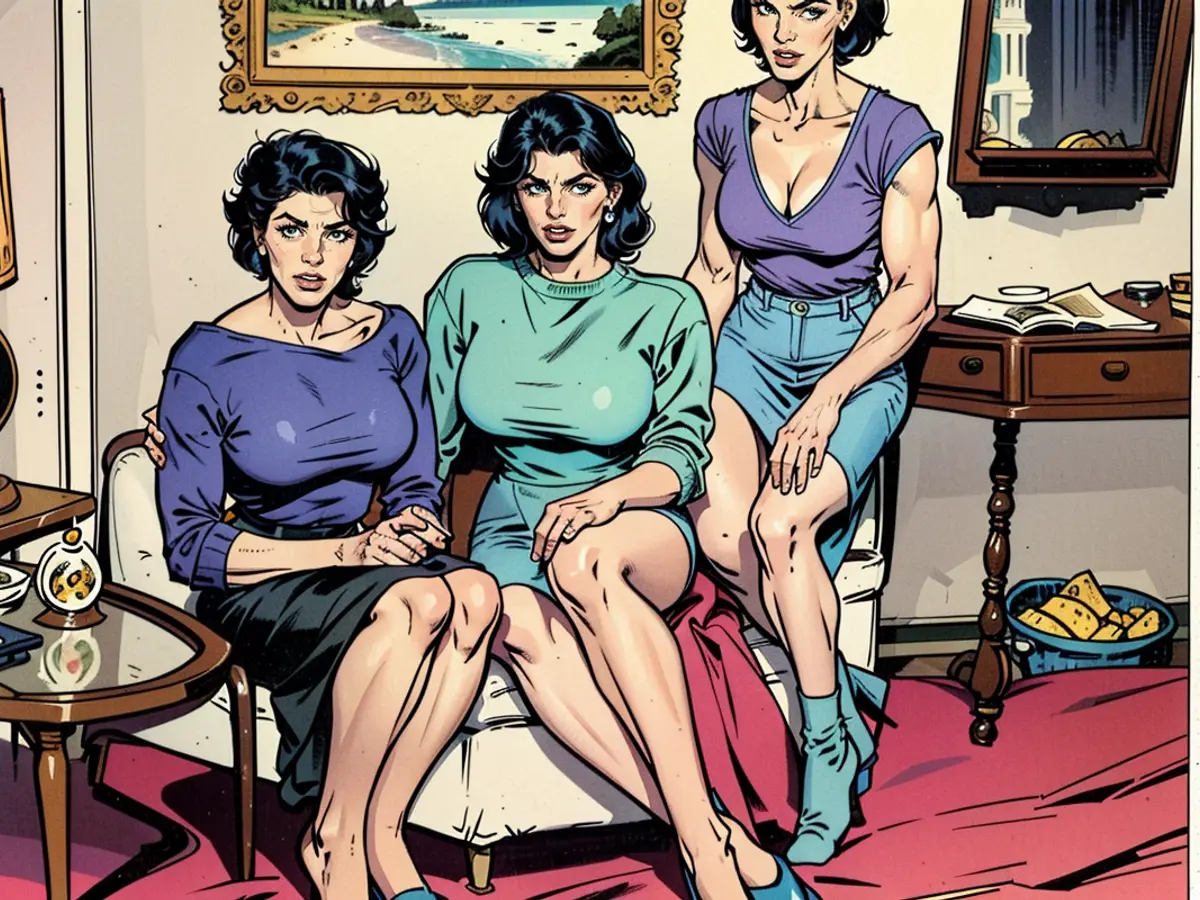
The photobook includes contextual essays and a foreword by historian, writer and documentary filmmaker Susan Stryker, who recalls images circulating within her generation and community of trans women in the late 1980s and 1990s. “They were just ubiquitous in trans underground networks,” Stryker said in an interview with CNN. “I have to say, I’ve been tickled in recent decades when people have discovered them and said, ‘oh, there’s a treasure trove of these things that we never knew existed.’ It’s like, ‘who never knew they existed?’”
Building community
In January 1960, Los Angeles-based writer and editor Virginia Prince launched “Transvestia,” a magazine “published by, for and about Transvestites for the purpose of providing a center about which people interested in the field may gather.” This terminology was Prince’s way of describing herself and her intended audience. Although preferred language for many in the trans community has changed since that time, Stryker noted that she is “wary of stamping the past with the present,” and that while different forms of gender expression can be seen in the photographs and some individuals within them may have identified as transgender, others may not have described themselves in that way.
“Transvestia” was a subscription-only publication sent clandestinely through the mail until 1963, after which it was available at some newsstands and adult bookstores across America. Though its frequency declined over the years, the magazine remained in circulation until 1986.
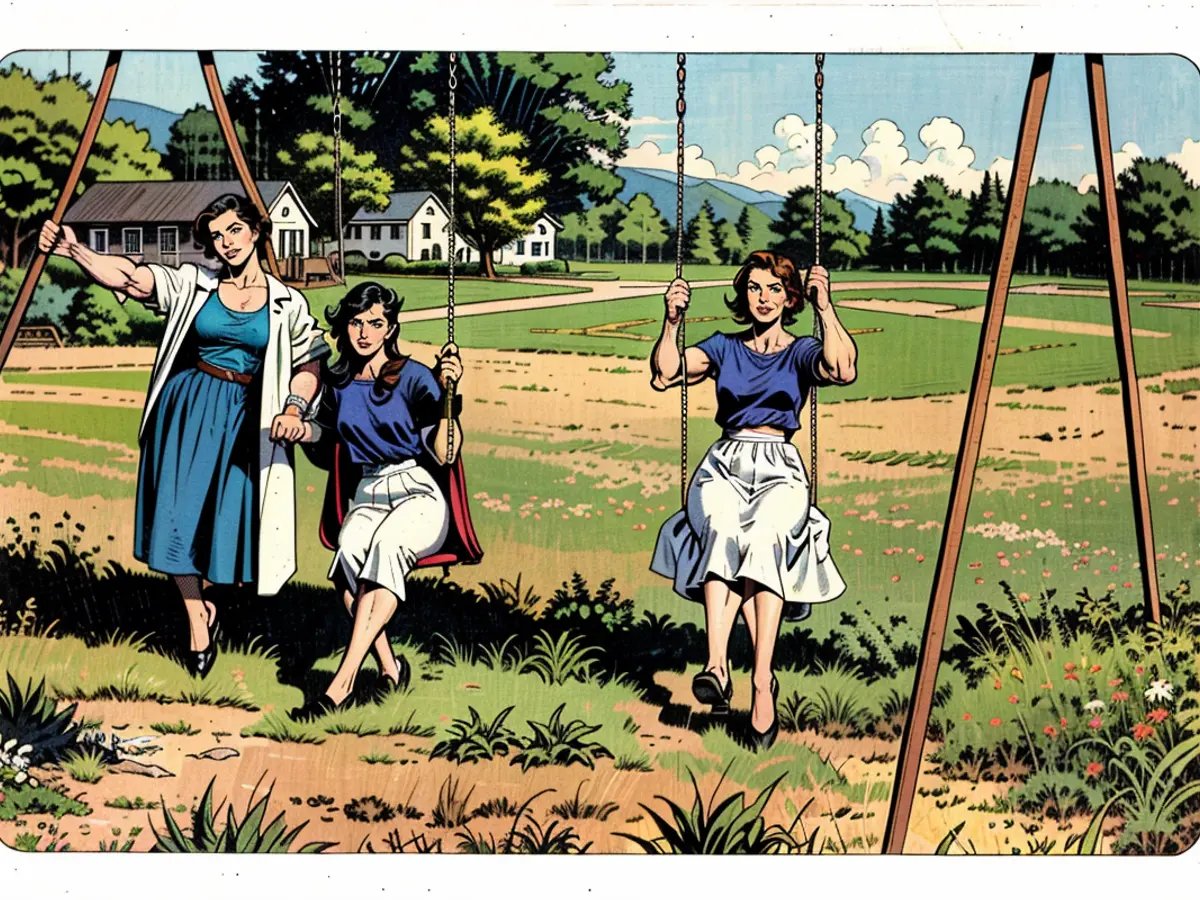
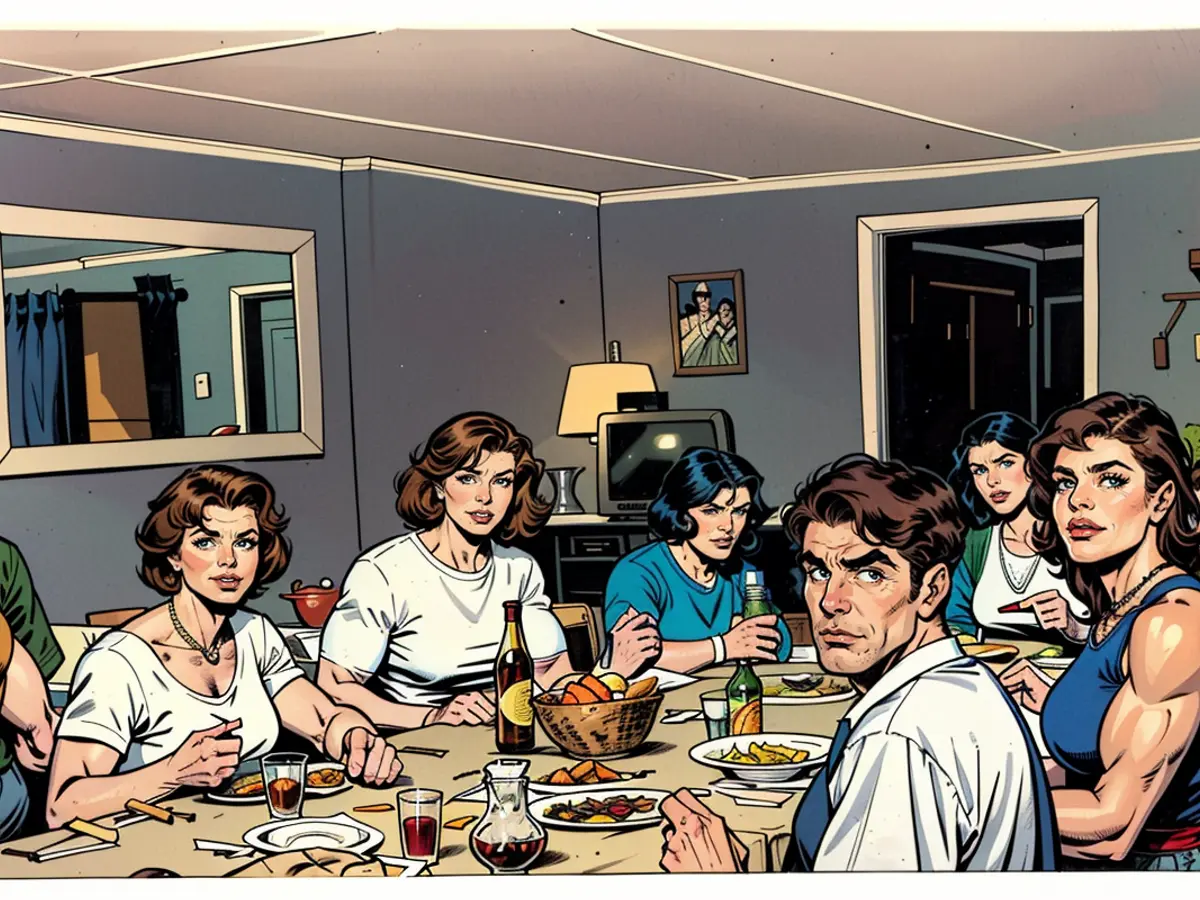

At the time of its inception, “cross-dressing,” as it was deemed, was criminalized across the US; Prince built up a network of peers by contacting people whose details she found reading arrest reports in newspapers. “Virginia was the person who helped bring that community somewhere out of the deep underground,” said Stryker. Through “Transvestia,” those with similar interests could see themselves reflected in the publication’s pages, and could connect with each other by placing personal advertisements in the person-to-person column.
Valenti had a regular column in “Transvestia,” called Susanna Says, and many of the photographs featured in the magazine were taken at Casa Susanna. Born in Chile in 1917, Valenti met her wife at a wig shop — popular with crossdressers — that Tonell ran in New York City. Casa Susanna was Tonell’s property in the Catskills; those who frequented the home included Gloria, a millionaire from Michigan; Jessica, a Colombian heiress; and Felicity, an airline pilot and World War II veteran who was the sibling of photographer Lee Miller.
“I think it became an almost mythical place, that place we all seek in some way where you feel accepted and where you feel at home,” said Sophie Hackett, the AGO’s Curator of Photography and co-author of the new book. “It provided, even if only for a weekend, a sense of home and a sense of family for people who perhaps didn’t feel that elsewhere in their lives. We can’t underestimate the power of that, and the pictures are a testament to that.”
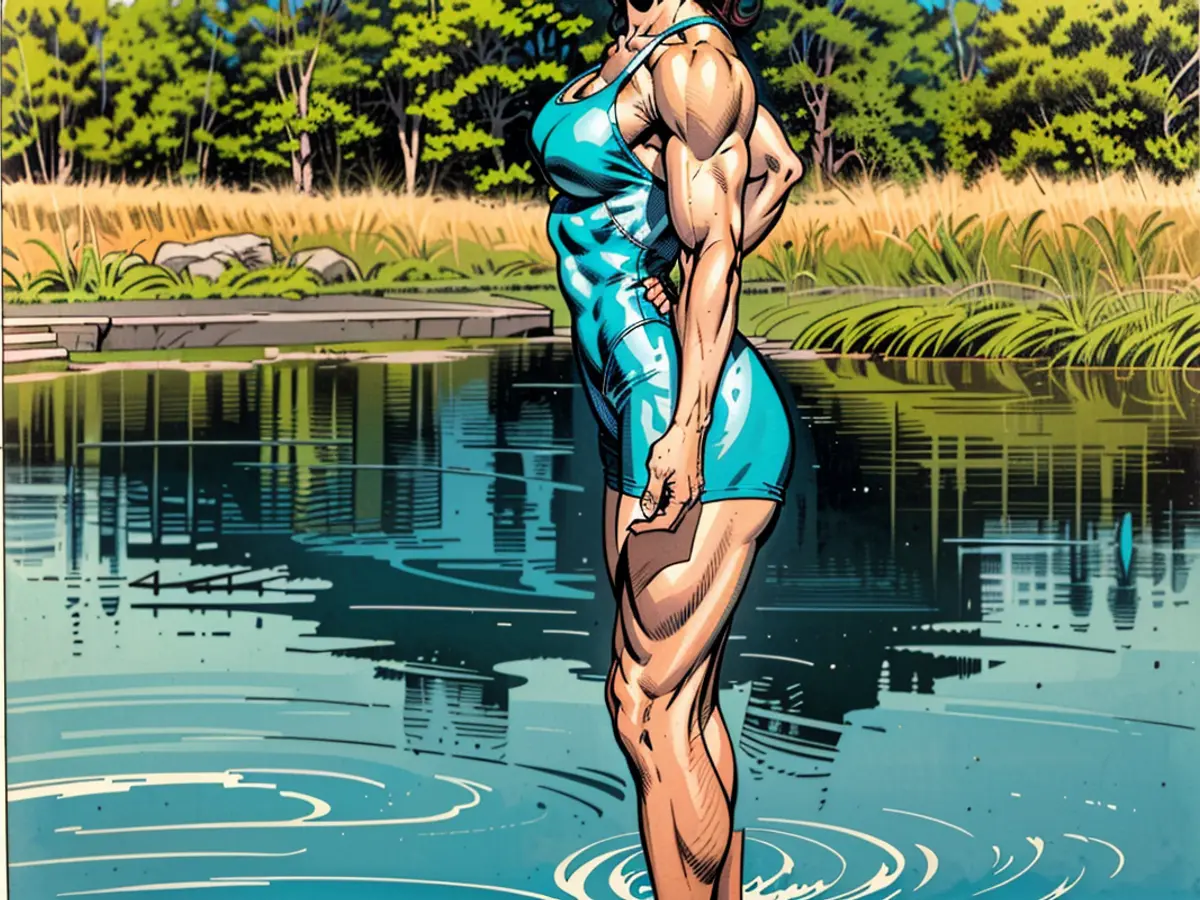
Finding home
In Stryker’s view, Valenti’s role in cultivating the physical space was crucial, and the way she lived her daily life as a femme-presenting person was a model for others. “You see people who become mothers to their community and that’s really the way I think of Susanna most deeply,” said Stryker. “She was trans mother to her community and she provided a nurturing and supportive environment for people to get to a better place in their life. I see that as a very positive and giving way of being.”
Postwar American values emphasized a “suburban nuclear family existence,” with stereotypically traditional, rigid gender roles, said Hackett. That broader societal backdrop provides important context for the photographs’ production, and the way that gender is explored and expressed by the individuals within them. “So many of the individuals are seeking to understand what this impulse was, which flew in the face of the way many of them were raised as men in the United States at the time,” Hackett added.
It too provides insight into the way the individuals at Casa Susanna both saw and wanted to see themselves. In many ways, this aesthetic echoed Virginia Prince’s preference for the way those featured in “Transvestia” should look. In an October 1961 article, titled “The Art of Female Impersonation,” Prince wrote a series of guidelines for manners and mannerisms, including ways of sitting, standing and smoking, that she felt emulated “the best in womanhood.”
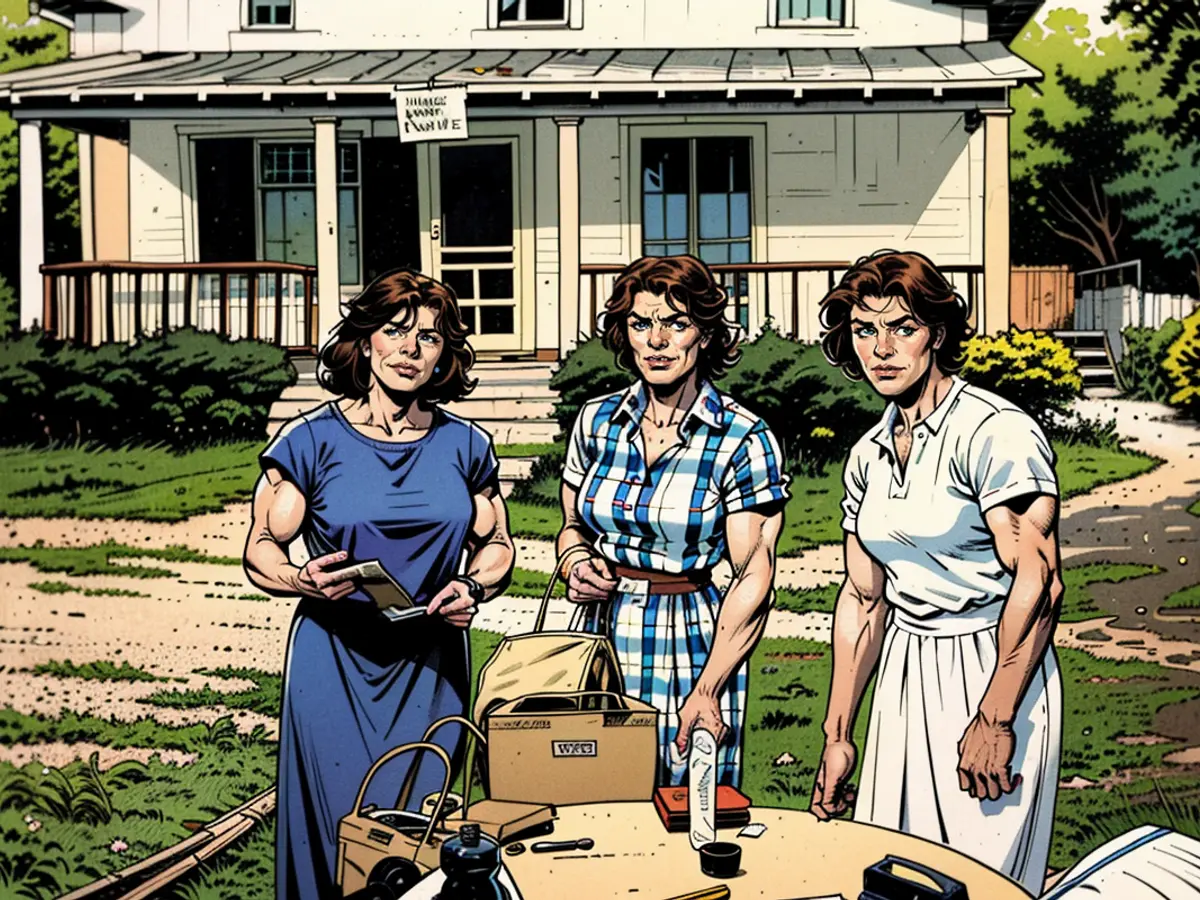
“What I see mostly when I look at those photos are people who are trying their best to embody a middle class respectability of womanhood,” said Stryker. “They are not being freaky-deaky gender queers or flamboyant drag queens. They are showing they can be a ‘respectable’ person by showing how they embody very conventional and mostly white, middle class interpretations of what respectable womanhood looks like.”
The act of making these images was in itself a way of forming both a sense of self, and connecting with a broader community. In discoveries of other Casa Susanna photographs, multiple copies of the same image have been found. “It looks like these photos were traded like baseball cards; people in the community swapped them with each other,” said Stryker. “It was just a really important way of making real a way that people felt about themselves and making it communal rather than subjective or in your head.”
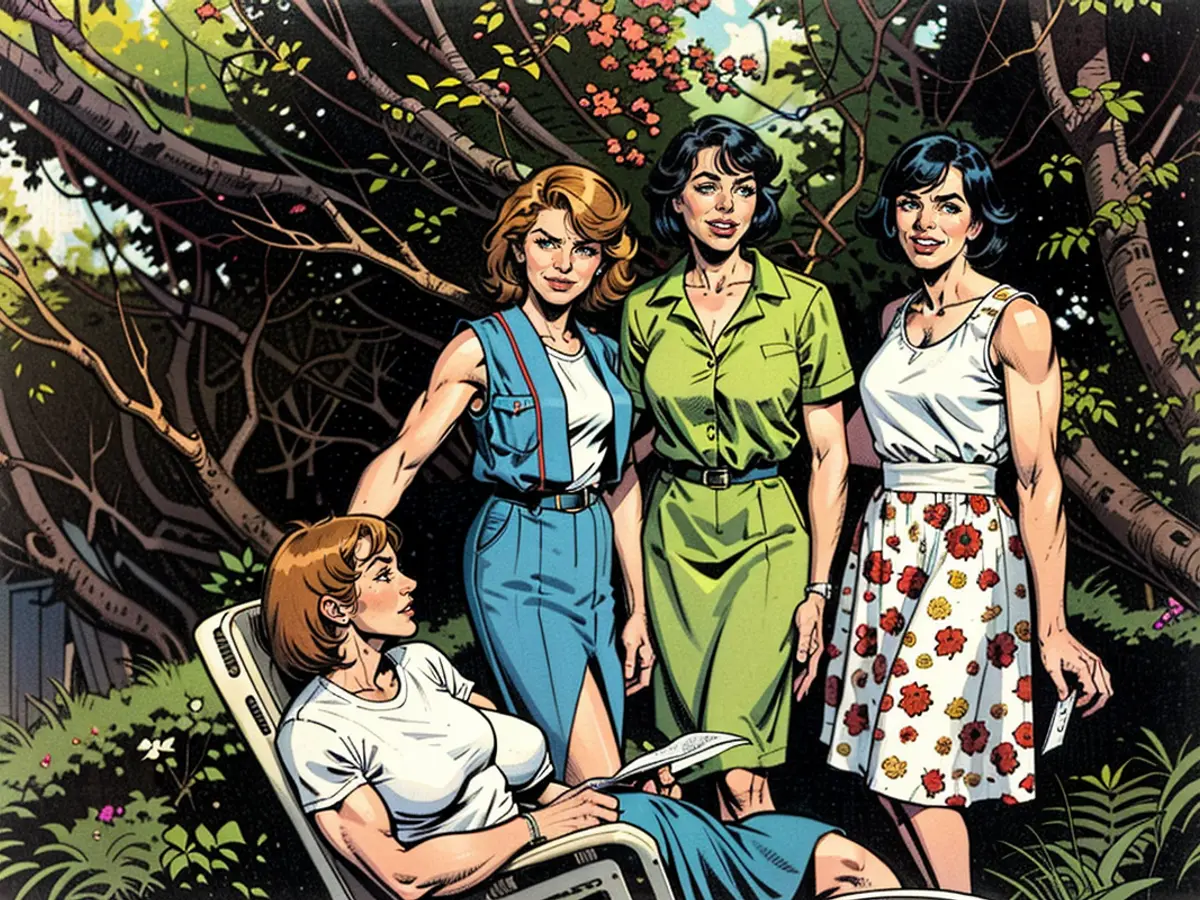
Although Valenti expressed plans to turn Casa Susanna into a hotel, and to live full time as a woman, an accident Tonell suffered in 1967 meant that she had to work, and live, as her male identity in order to cover medical bills. Her regular column in “Transvestia” came to an end, the book’s co-author Isabelle Bonnet wrote in an introductory text, and she stopped communicating with Prince. Casa Susanna was sold in 1972. From the early 1980s onwards, Valenti and Tonell lived separately, with Valenti living as a woman. Both died in 1996.
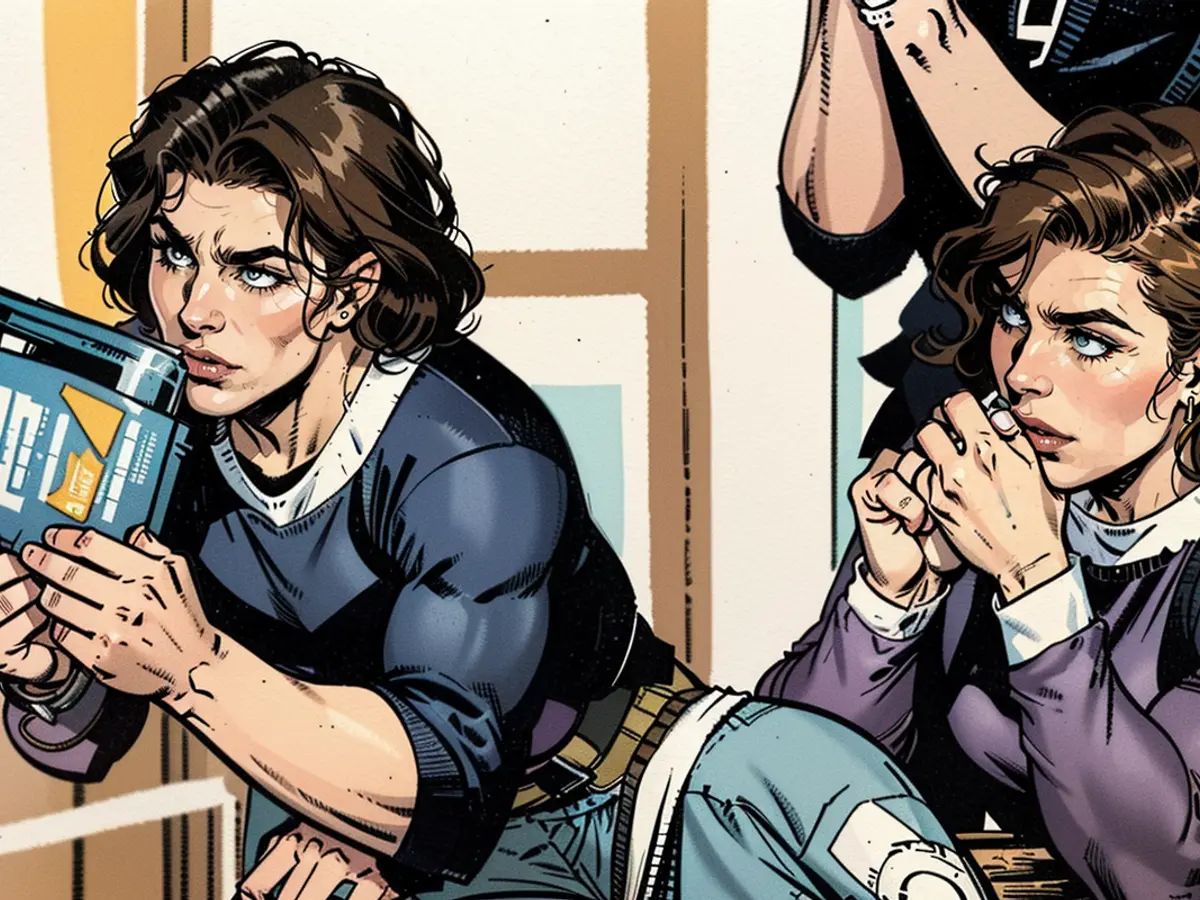
In the current climate, with trans rights the subject of legal and political challenges across the country, the existence and celebration of these photographs matter.
“The photographs show us that what we would now refer to as the trans community and all its various identities of course predates our current moment,” said Hackett. “They are moving as expressions of a community and as a community finds itself. You see the kinship, and you see the joy, and that’s one that’s in strict contrast to the lives they led and the struggles they had personally, and the risks they ran by gathering.”
- The Louise Lawrence Transgender Archive, containing photographs made by members of the Casa Susanna community, is an example of how the intersections between queer identities, photography, and the arts have become a subject of interest for artists, scholars, activists, and more.
- In her role as a femme-presenting person and the caretaker of Casa Susanna, Susanna Valenti was a beacon for her community, providing a nurturing, supportive environment for individuals seeking a sense of self and belonging, particularly amidst the rigid gender roles and societal expectations of postwar American values.
